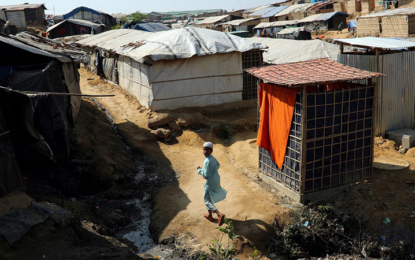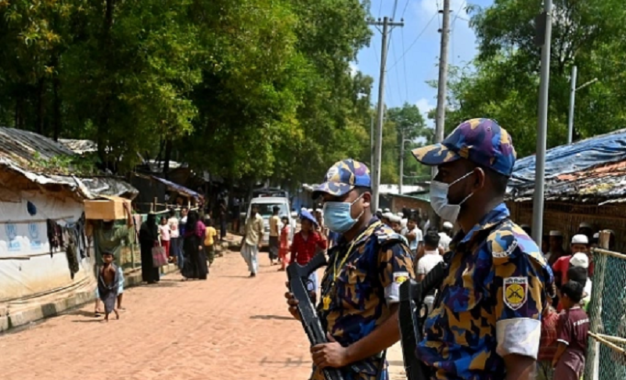Latest News
Sixty years on: is Hungary forgetting its own refugee crisis?
Countries, Europe, Help Refugees, Human Rights, İnterviews

Sixty years ago, on October 23, 1956, a peaceful demonstration was getting underway in Budapest that was to trigger one of the tensest moments of the Cold War.
It quickly developed into a full-scale revolt against Soviet rule, attracting tens of thousands onto the streets of the Hungarian capital. Soviet tanks later moved in to quell the uprising, prompting 200,000 Hungarians to escape the country before the borders were shut.
Tripwires and flashlights One of them was eight-year-old Peter Martos. His family fled to Austria amid fears his older brother’s involvement in the protests would lead to reprisals. “Unfortunately we got lost and walked around for hours in the snow and the cold. Then we could see spotlights, and heard dogs barking – all the adventures a child could wish for. I found it all very enjoyable – my parents probably less so,” he told the UN’s refugee agency, recalling their escape to Austria.
“I stepped on a trip-wire that set off an alarm in some distant guard-house. Luckily we weren’t caught. “Eventually, as we were lost, we lay down next to a silo and fell asleep. As dawn was breaking, someone shone a flashlight in our eyes, blinding us. Fortunately it was a member of an Austrian border patrol: we had, it transpired, already crossed over into Austria. At that time, being a refugee meant being welcome in Austria. Without reservations.”
Austria initially took the majority of the fleeing Hungarians, around 180,000, with the other 20,000 heading to Yugoslavia. Many were later resettled to other countries, but Austria was widely praised for its ‘outstanding’ response.
Amazon Sponsorship
Recent Posts
Jul 29, 2023
It has been close to six years since hundreds of thousands of Rohingya faced a deadly genocide by Myanmar’s military and fled the country in search of protection and refuge in neighbouring Bangladesh. The Rohingya population has been undergoing persecution, discrimination, arbitrary arrests, and atrocities in Myanmar for over seven decades. Their condition is alarmingly […]


















